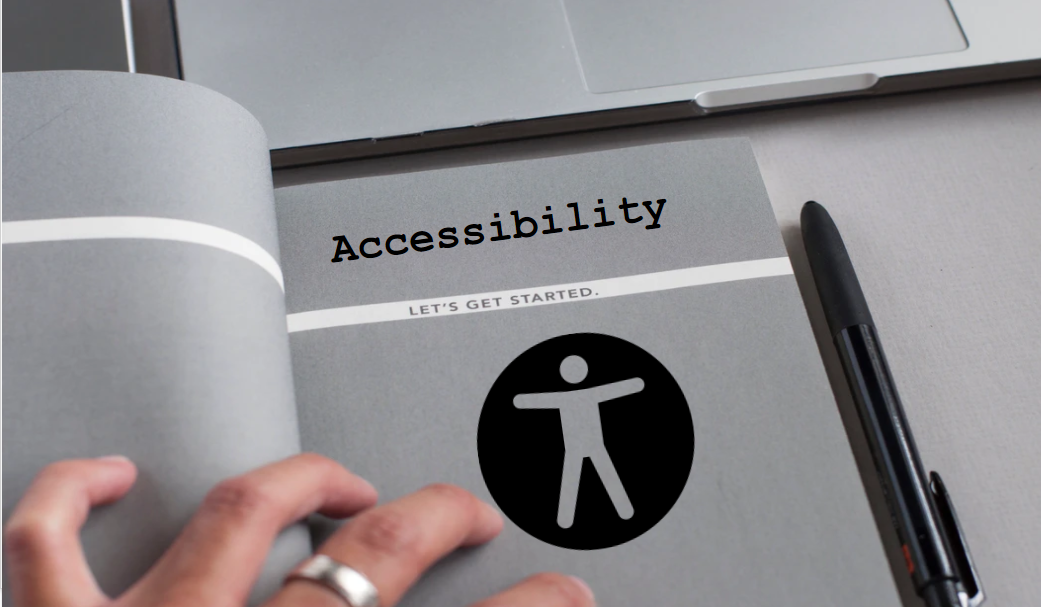Before we start, I would like to put out a disclaimer:
This article is a summary of my encounter with web accessibility and how I reacted to it. This does not cover any technical aspects of a11y.
I will be posting a series of articles focused on intricacies of web accessibility.
Introduction
Ok, let’s get started. Almost a year ago, I was completely ignorant of accessibility. I was a normal web developer, obsessed with JavaScript and fangirling over ReactJs as I was creating a scalable and responsive web application for an online-only bank.
Then one fine day I came across an event being held to celebrate Global Accessibility Awareness Day (GAAD).
As per definition by wikipedia -
Global Accessibility Awareness Day (GAAD) is an awareness day focusing on digital access and inclusion for the more than one billion people with disabilities and impairments. It is marked annually on the third Thursday of May.
Being the curious learner that I am, I enrolled in the webinar. It was a nice introduction to accessibility and it compelled me to think about it.
My journey to explore further
As I started exploring accessibility on my own, I felt guilty of contributing to the inaccessible web in one way or the other in the past.
Although unintentional, still being unaware of accessibility made me the culprit of writing inaccessible code.
The more I discussed it with friends and colleagues, the more I realized that accessibility has a reputation of being complex, confusing, and burdensome.
Further exploration of the rules and guidelines for accessibility (a11y) had me figured that there is a thick air of misconception between accessibility and the developers in general and that this can be cleared off only when we talk about it and practice it first hand.
What I wanted to do about it?
I took a rather big step when I reached out to a local meetup organizer proposing to give a talk on Introduction to accessibility. I wanted to do my part and help spread awareness about accessibility.
As my talk proposal got accepted, nervousness kicked in and I had my doubts on how it will be received.
As I planned to cover the introductory information around accessibility, I was susceptible that the audience might already know those things.
But anyway, I mustered all the courage and proceeded with the content.
To my pleasant surprise, the presentation was received well by the audience and they were quite curious and sincere in learning more about it.
Feedback I received
After the talk, I had very good conversations with some of the attendees on certain aspects of accessibility.
The most common feedback was that people weren’t really much aware of the topic and it really helped them gain good informative around it.
Even if they did know about accessibility, they did not think much about it because it was rarely practiced in their projects.
This really sums up the current situation of web development.
Current state of web accessibility
There are some folks who are putting their heart and soul into creating accessible solutions and applications.
They are promoting web inclusiveness and initiating quality conversations around it on social networks like Twitter, LinkedIn, etc.
And we are still getting just started. There remains lots to do, and lots of commitment is required.
Conclusion
Accessibility is an inherent aspect of the web, and it will remain accessible only if we make efforts for it.
From the business and product team to designers, developers, and testers, we all need to work together, make ourselves aware and educated about accessibility.
It is the responsibility of each one of us, together we can make the web a lot more accessible.
My Pledge
I have pledged to make active efforts and contribute towards creating a more accessible and inclusive web. I will keep on writing about it, discussing and teaching about it.
But I cannot do that without you. Will you help me in achieving it?
How do you manage the accessibility of your website or application? Let me know your take and thoughts here.
Happy learning. Take care 🙌
